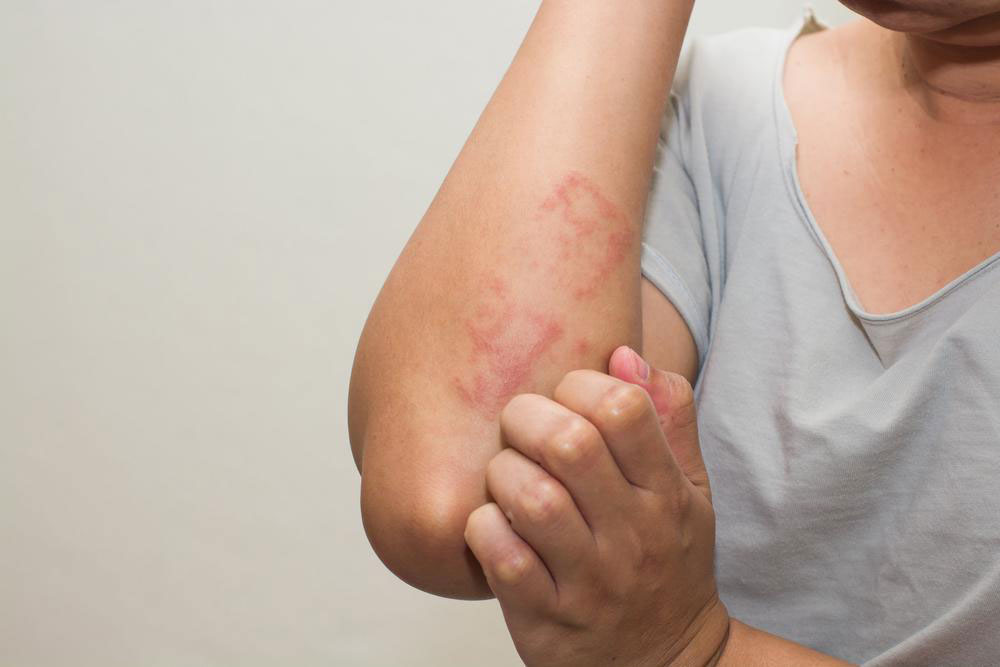Comprehensive Guide to Managing Atopic Dermatitis Effectively
This comprehensive guide explores effective treatments for atopic dermatitis, including OTC options, topical steroids, antihistamines, and prescription therapies. It emphasizes managing symptoms to improve quality of life and reduce flare-ups, offering practical advice for those affected by this chronic skin condition.

Comprehensive Guide to Managing Atopic Dermatitis Effectively
Atopic dermatitis is a long-term skin disorder impacting approximately 18 million individuals. It manifests as persistent itching and dryness, making effective treatment essential for symptom relief. Without proper management, scratching worsens the condition and can lead to infections.
Appropriate treatments not only improve daily comfort but also enhance sleep quality, reducing stress and preventing flare-ups.
Over-the-Counter (OTC) Products
Many accessible OTC remedies can help manage atopic dermatitis without needing a prescription.
Moisturizers
Moisturizers are vital in managing AD by combating dryness. Apply them immediately after bathing to lock in moisture. Available options include lotions, creams, and ointments tailored to soothe affected skin.
Topical Steroids
OTC low-potency corticosteroids like hydrocortisone creams (e.g., Nutracort, Cortaid) are effective during flare-ups. Applying these after moisturizer provides quick relief from inflammation.
Oral Antihistamines
OTC antihistamines such as diphenhydramine (Benadryl) help control itching and promote better sleep. They serve as supportive therapy for topical treatments.
Prescribed Medications
If OTC options do not suffice, consult a healthcare provider for prescription medicines. These include stronger topical steroids, calcineurin inhibitors like tacrolimus (Protopic) and pimecrolimus (Elidel), and newer biological agents such as dupilumab (Dupixent). Oral medications may also be recommended based on severity.
Note:
This blog offers helpful information across various health topics, but should not replace professional medical advice. Always consult a healthcare provider for personalized treatment plans. We disclaim responsibility for data discrepancies or missed offers.










